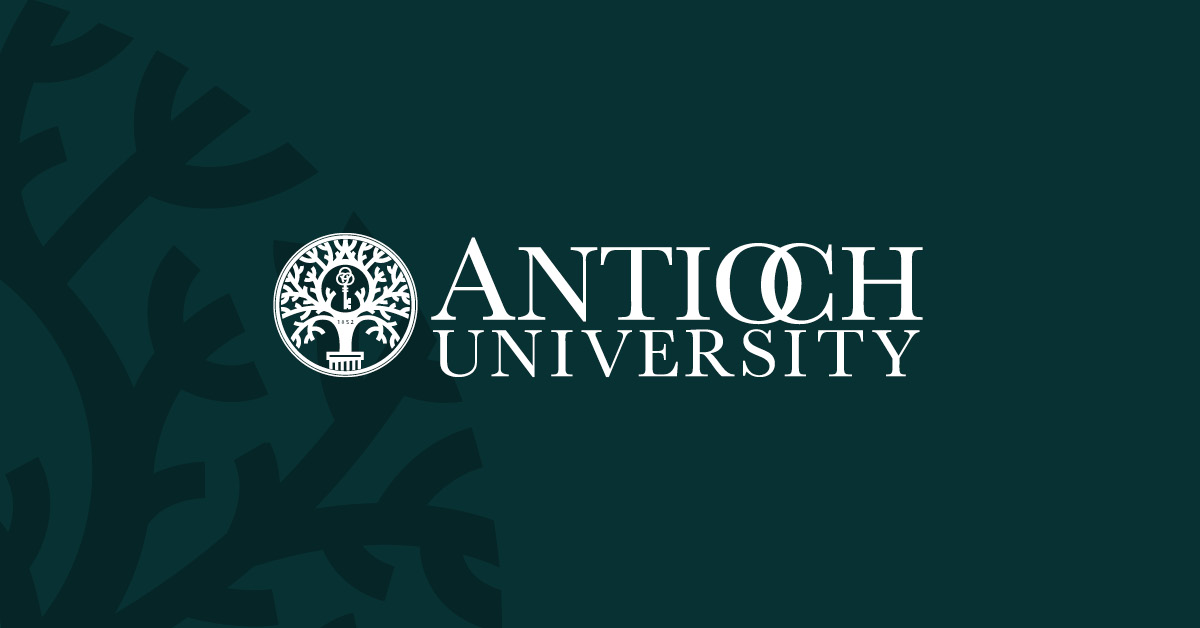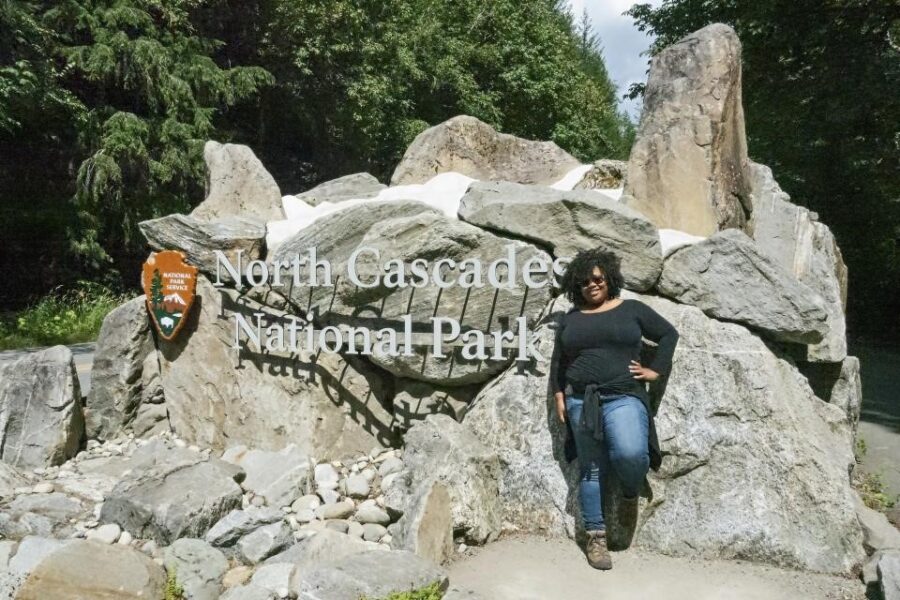 If you ask leadership coach and entrepreneur, Mark Light, how to become an effective leader you might be surprised by the answer.
If you ask leadership coach and entrepreneur, Mark Light, how to become an effective leader you might be surprised by the answer.
Light, who has worked as an arts impresario, full-time teaching professor, leadership coach, and writer for more than 25 years, says that the skill cannot be taught, people have to find their way there on their own — with the right tools. In Mark’s case, many of those tools came from Antioch’s PhD in Leadership and Change, which he graduated from in 2007.
“They did not teach me how to be a better leader, they taught me how to learn how to be a better leader,” said Light, of his five years at Antioch.
It’s that philosophy that has led Light through his life, letting his curiosity pull him along into projects, roles, and graduate programs in the nonprofit world that interested him and led him to others along the way.
Said Light: “I just wanted to figure things out.”
Light spent several years working for arts organizations as a production manager before earning an MBA at University of California Los Angeles, to learn how to more effectively grow arts organizations. One of his greatest achievements was scaling up the Victoria Theatre Association in Dayton, Ohio into a top 30-performing arts center during his 15 year tenure as its president.
 Although he wrote a book about leadership, The Strategic Board, published in 2001, Light still wanted to learn more, which led him to the PhD program at Antioch, which provided the ideal opportunity to pursue his degree while working.
Although he wrote a book about leadership, The Strategic Board, published in 2001, Light still wanted to learn more, which led him to the PhD program at Antioch, which provided the ideal opportunity to pursue his degree while working.
“I was always a bit confused about leadership and I thought I could be more effective if I took classes,” said Light. “Leadership to me was like one of these very intricate jigsaw puzzles that you order online. It was very difficult but it was very exciting to see if I could figure it out.”
Light now works primarily as a coach for people who have been promoted into leadership positions to give them pragmatic tools to support their work, such as with organizations in Chicago like the Howard Brown Health, Sinai Hospital Infectious Disease Center, and the Center for Housing and Health. He says his best tool for encouraging better leadership is to support people as they clarify and answer their own questions.
“I am in the business now of helping people unlock their own potential to learn. I am doing exactly what Antioch taught me to do for myself,” said Light. “My students and clients say: Tell me the answer. But I say: What would you learn if I told you?”
His teaching also extends to writing for The Nonprofit Quarterly magazine, with columns titled, “Dr. Conflict,” and “You First–Leadership for a New World.” He says he’s using the research tools he learned at Antioch to write those pieces, but instead of his findings supporting his academic pursuits, they are assisting others with their leadership goals.
Said Light: “Antioch was the bridge from a world of practice to a world of support for others.”




